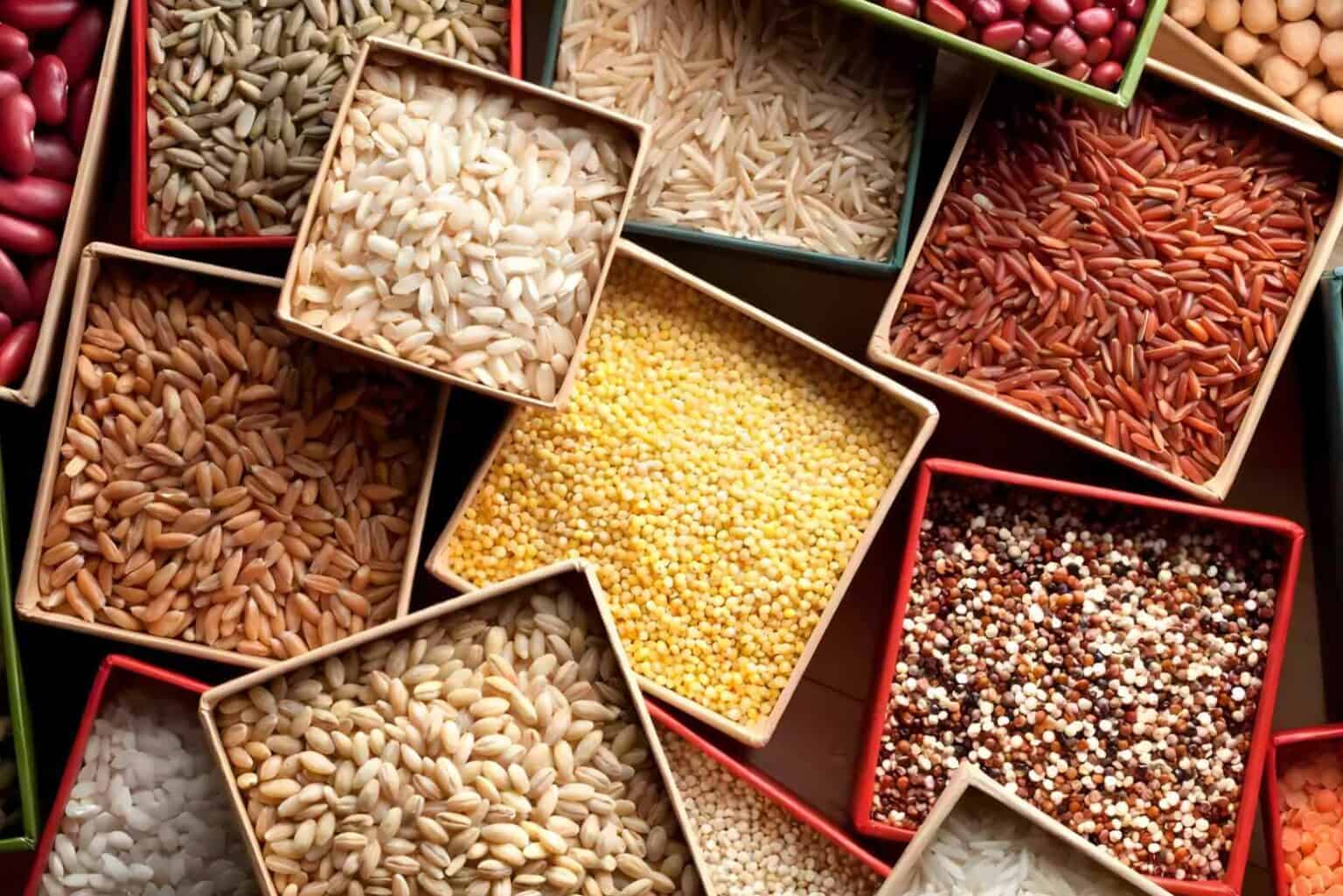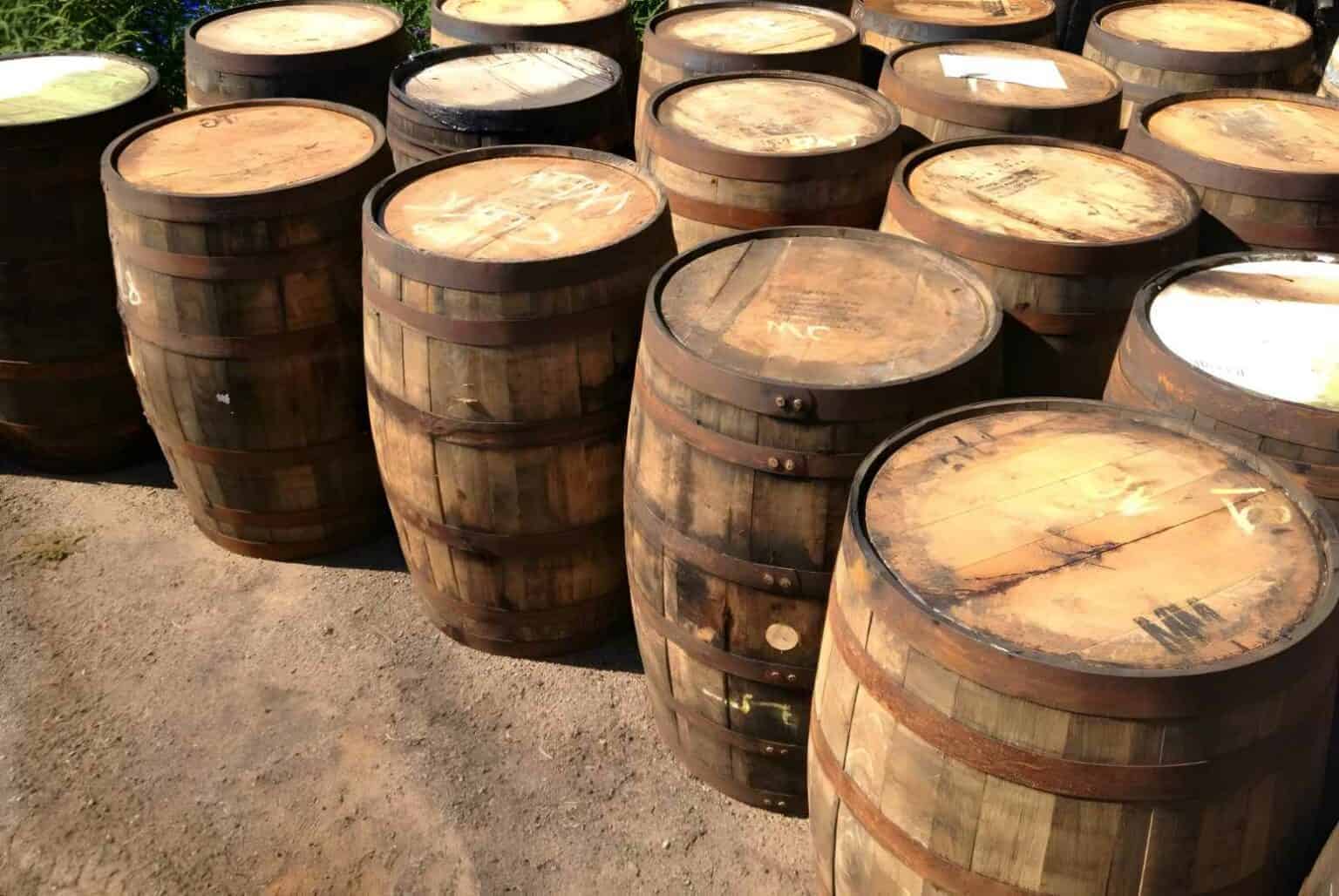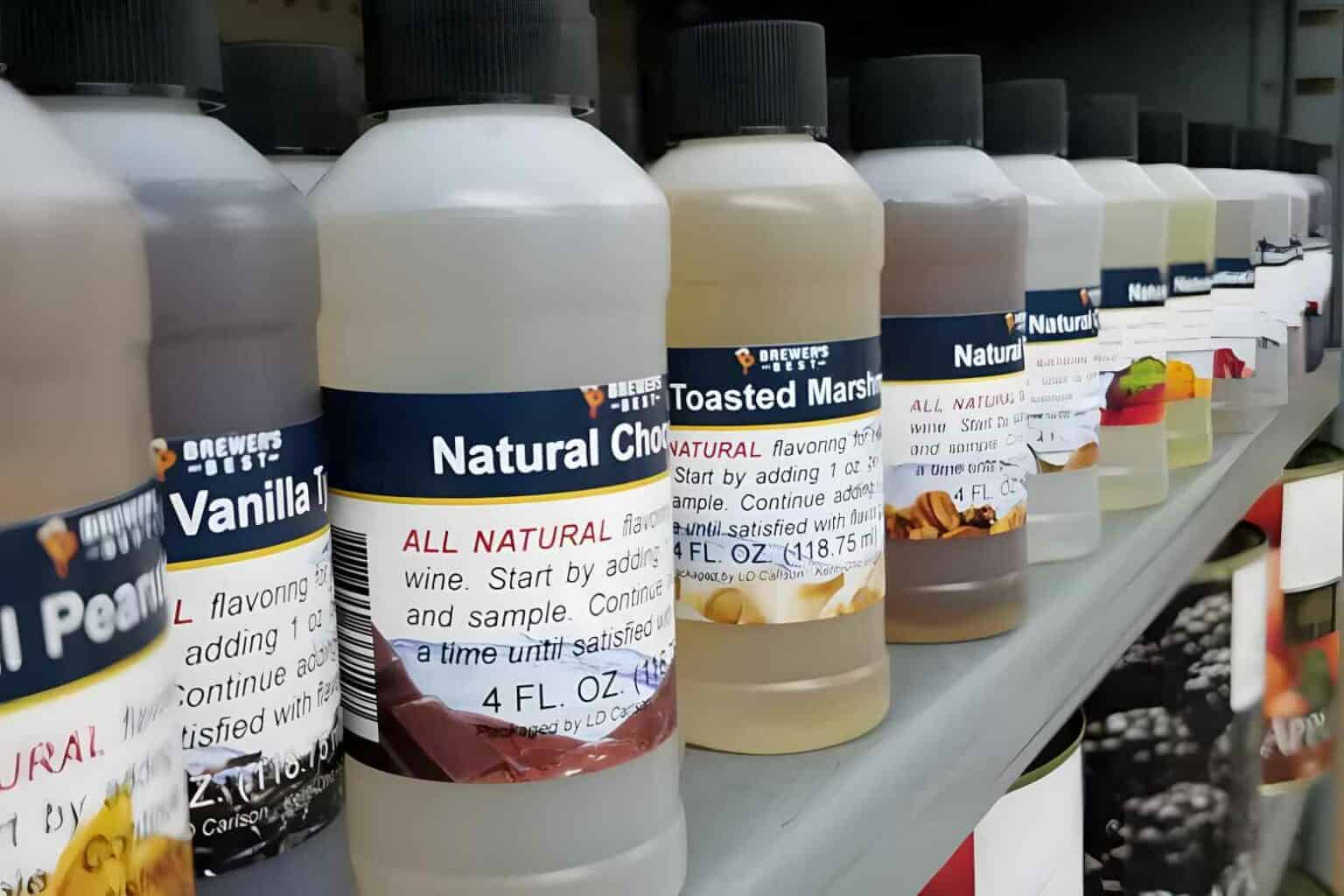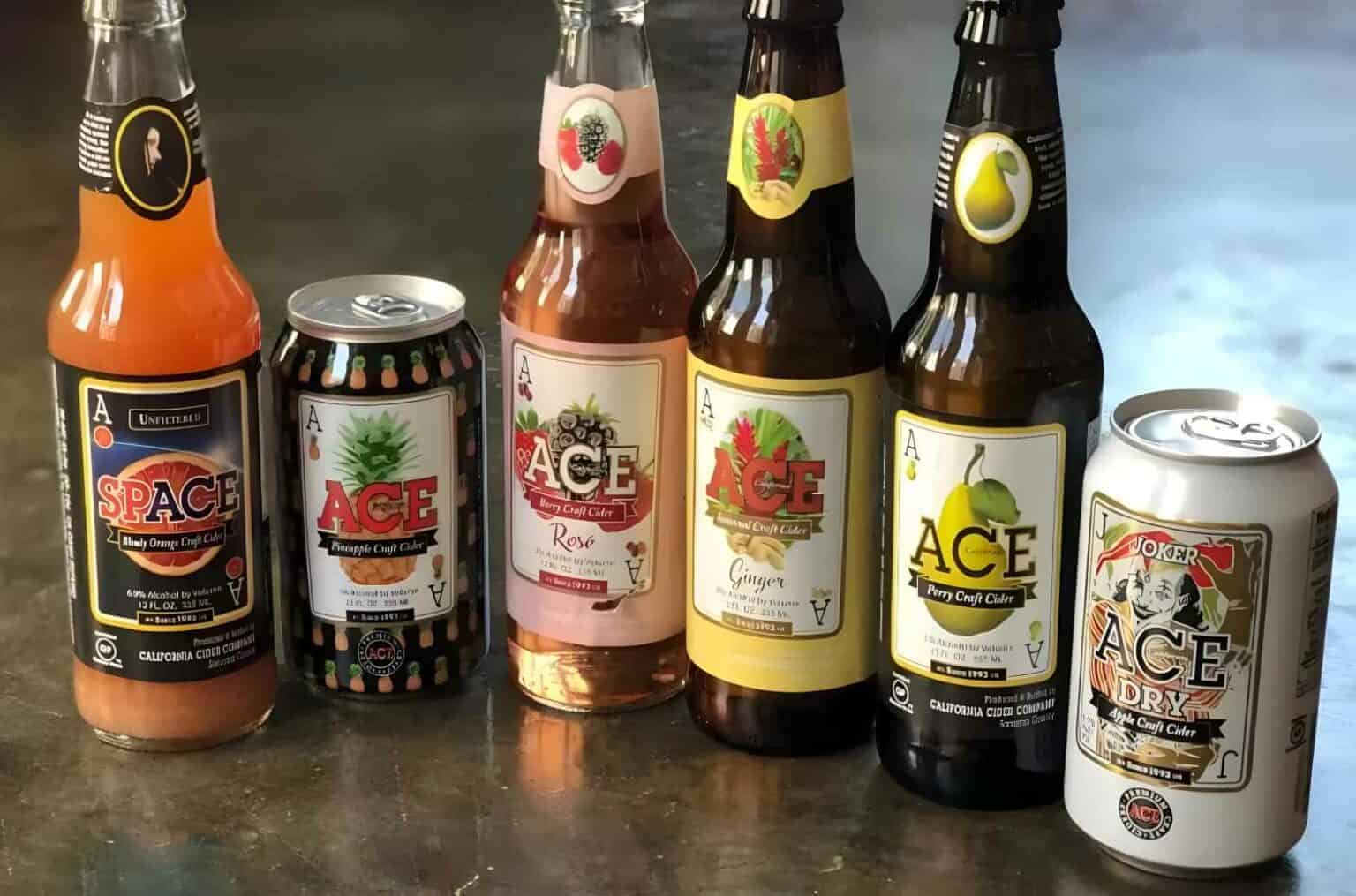The answer to the question is wine gluten-free is yes! Wine is a natural gluten-free drink since grapes, its main ingredient, don’t have gluten.
But, some circumstances could change this fact. That’s what we are going to find out in this blog. Moreover, we will learn about the harmful effects of consuming gluten on the body of certain people.
We will also have the two things you should check when buying a bottle of wine to avoid the ones with gluten. Before that, let us first understand what wine is considered gluten-free.
What is considered gluten-free?
Gluten is a protein commonly present in grains like barley, wheat, rye, and triticale. It is also abundant in many foods and products, especially if made from the grains mentioned above.
That said, we can’t really avoid consuming gluten. But, if we do our research enough, you’ll know that there are also considerations to be able to call a product gluten-free.
The US Food and Drug Administration defined gluten-free products as those that do not contain any wheat, barley, rye, and triticale.
Also, if the base ingredient to make particular food is extracted and contaminated by these grains yet refined. Most importantly, if the product has no more than 20 parts per million or ppm of gluten.
The last consideration is the most applicable to winemaking. Not all winemakers include the ingredients in the packaging. Hence, it is hard to identify if the wine is glutenous. Searching for the ppm might be the easiest way for some.
So, is wine gluten-free?
So, is wine gluten-free? Definitely, yes! Wines are naturally gluten-free, especially if it is unflavored. The only time that wines become glutenous is when it is mixed with other substances that have gluten.
Wine coolers are the perfect example of that scenario. Since these beverages are made from a combination of various ingredients and products.
If you don’t like to drink wine with gluten, you should also be wary of wine cocktails. Besides the drinks mentioned above and the indicators given by the FDA, wines are generally gluten-free.
How do wines contain gluten?
If wines are natural gluten-free drinks, then why are some considered not? Check out these answers to end your confusion!
Cross-contamination
Wines are delicate. Even little contact with different substances could change its taste and quality. These contacts would even cause the wine to be glutenous.
For example, the wheat paste used to seal the oak barrels. Although the oak barrel doesn’t have gluten, the wheat paste has. So basically, the gluten mixes with the wine.
Gluten Free Watchdog conducted a mini research about the gluten content of wine aged in oak barrels. The article contains data that implies that a Merlot and Cabernet Sauvignon aged in oak barrels has less than 10 ppm gluten.
Fining agent
Another cause of gluten content in wines is the fining agents that winemakers use. But this is not a big issue since most wineries don’t use gluten-containing substances. The reason behind it is that gluten leaves sediments in wine.
Fining agents like egg shells, fish and milk protein, and skim milk, are used during the clarification process. This process happens when the insoluble substances in the wine are removed.
Again, gluten contamination rarely happens in this case. But, awareness that it is possible may come in handy too.
Mixtures and flavoring
To be able to cater to all the needs of wine lovers, wineries tend to mix flavors in their products. The ever-changing need to improve wines causes the development of wine with glutens.
One example is the wine coolers. Although it is a mixture of various ingredients, back then, it did not contain gluten. However, as the United States tax for alcoholic beverages increased in 1991, many wineries decided to reformulate their wine coolers.
Fruity malt beverages are now the typical wine coolers due to the reformulation. Whereas malt is a gluten-containing grain.
Sometimes, the wines that have different colors have gluten too. That’s why it is most advisable to drink wine with natural color.
What wine coolers are gluten-free?
Since we learned that most wines are naturally gluten-free, we will focus on the wine coolers for this part of the blog. You might want to consider purchasing these brands or types of wine coolers since they are totally gluten-free!
| Wine cooler brand | Remarks |
| Boone’s Farm
|
Their wine coolers are particularly sweet and fruity. |
| Bartle & James | They have various flavors to choose from. |
| Arbor Mist (Frozen wine cocktails)
|
Their frozen wine cocktail is a premixed wine cooler identified as ready-to-drink and innovative. |
It may be sad news for those looking for gluten-free wine coolers. But, it is not shocking that only a few brands offer gluten-free wine coolers.
If you are eager to drink a gluten-free wine cooler, here’s great news. You can make yourself one! All you need are soda, gluten-free juice, ice, and wine.
What wines are not gluten-free?
It is hard to find gluten-free wines, which is excellent news! That means there will be plenty of choices, even for people who are sensitive to gluten.
Wine labels are often based on the ppm gluten content of the wine. As we said, the wine will be fine if the wine’s ppm gluten content does not rise above 20. It will not be considered glutenous.
However, there are still a few wines we should be cautious of. One is the Fruit-flavored dessert wines. Second, those that have additives and flavorings that do not undergo thorough clarification.
Is gluten in wine bad for health?
Ordinary people can enjoy gluten intake without worries. But unfortunately, some are sensitive to it, right?
Some people are inclined to gluten sensitivities. It causes serious health problems to them– even just a little intake. Speaking of, below are the two kinds of people who should be extra cautious when it comes to glutenous food and drinks.
People with Celiac disease
Individuals who have Celiac Disease have bodies that immediately react to gluten. It is an illness that affects your immune system triggered. This reaction gradually causes the small intestine to become thinner.
Celiac disease symptoms are different for each individual. Mostly, it depends on the severity and age. So, we can’t tell you the exact symptoms for everyone. But here are the common ones that are related to the digestive system, according to Mayo Clinic.
Children may experience constipation, nausea, swollen belly, gas, vomiting, and foul-smelling stool. On the other hand, adults can experience bloating, diarrhea, weight loss, and abdominal pain. They can have nausea and constipation too.
People with Non-celiac gluten sensitivity (NCGS)
Beyond Celiac explained that people with Non-celiac gluten sensitivity or NCGS experience the same symptoms as Celiac Disease. However, it is not as severe as the latter because this sensitivity won’t damage the person’s intestine.
Some common indications for people with NCGS are headache, nausea, fatigue, abdominal pain, bloating, diarrhea or constipation, joint pain, neuropathy, depression, and brain fog.
For your preference, NCGS is commonly known as gluten intolerance.
Keynote
The two health concerns mentioned above are real and should be taken seriously. We advise that you see a specialist if you experience those symptoms.
There are cases in wine with less than 20 ppm gluten content that won’t cause severe lousy health effects. But still, you must learn this crucial information before you even buy yourself a bottle of wine!
Let us continue this post by knowing what you should consider when purchasing a gluten-free wine.
2 things to check when buying a gluten-free wine
Take note of these two considerations when buying a gluten-free wine.
Hidden ingredients
Not all the ingredients used in making wine are included nor written in the packaging. Hidden elements are still present! Some are the following:
- Artificial color
- Preservatives
- Stabilizers
- Flavorings
- Sulfites (this ingredient can cause sensitivity too)
If you are not sure about the wine, you will remember that you can always ask for more information about these hidden ingredients. You can ask the wine shop owner or call the winery itself.
Asking is better than risking your health!
Gluten-free Label
Looking for labels might be the most convenient way to determine whether the wine is gluten-free. Manufacturers label their products differently, but all still fall under one standard.
For example, you can see wine bottles with “free of gluten” or “no gluten” instead of the usual “gluten-free.”
As per the standard they refer to, the Alcohol and Tobacco Tax and Trade Bureau ruling or TTB is the most credible one.
Final Words
Is wine gluten-free? Yes!
Yet, we should still be mindful when we buy our beverages and drinks. Especially people with NGSC or Celiac disease.
We cannot identify it immediately, so always check the wine’s label and the hidden ingredients. Avoid wine coolers and fruity-flavored wines, too, if you are gluten-sensitive. That is all, remember that what is more important is your health!

George Moore, co-founder of Wine Flavor Guru, is a charismatic entrepreneur with a rich background in California’s wine industry. Alongside Sylvia, he transformed a Sonoma County vineyard into a source of premium wines. George’s expertise in sourcing exceptional grapes and his approachable style make wine appreciation both accessible and engaging.










